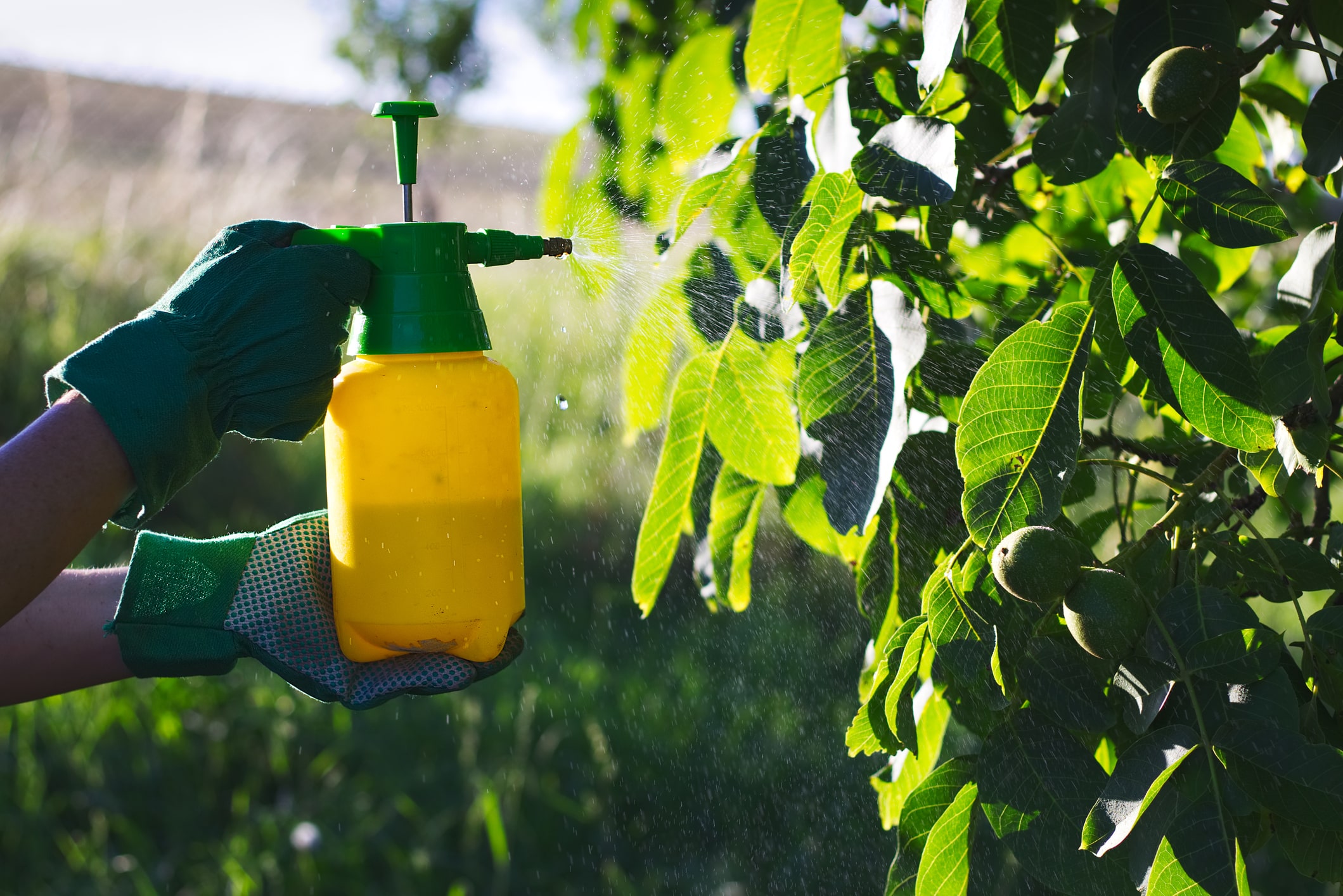EU authorisation procedure for pesticides

In the wake of controversy over the renewal of the approval of glyphosate, the European Parliament set up in February 2018 a special committee on the Union’s authorisation procedure for pesticides.
The 2009 regulation on plant protection products, often referred to as ‘pesticides’, is designed to ensure a high level of protection for human health and the environment, and to enhance the functioning of the internal market while improving agricultural production. Plant protection products are subject to a dual approval process. First, active substances are approved at EU level provided they meet a number of criteria.
The Commission approves an active substance for one or more specific uses after a risk assessment by national regulatory agencies and the European Food Safety Authority (EFSA), a risk management exercise by the Commission, and endorsement by a standing committee of Member State representatives.
Approval may be subject to conditions, and is typically granted for ten years. A number of derogations are applicable in specific cases. Second, a commercial plant protection product containing one or more approved active substances is authorised at Member State level if it satisfies certain conditions, including that it is sufficiently effective in realistic conditions of use; it does not have any (direct or indirect) harmful effects on humans or animals; and it does not have any unacceptable impact on the environment.
The report sets out a number of recommendations, including: improving transparency (including public access to evaluation studies) and avoiding conflicts of interest; allocating sufficient resources and appropriate expertise to public bodies involved; no longer allowing the use of plant protection products in public spaces; introducing a post-market vigilance system to systematically monitor real-life impacts, including in the long term; funding independent research on effects of and alternatives to pesticides; and improving the functioning of the zonal system.
The report also calls on the Commission to submit a legislative proposal amending the regulation in order to enable a fast-track approval process for low-risk pesticides of biological origin, and to designate Member States carrying out the risk assessment for new applications (as is currently the case for renewals).
